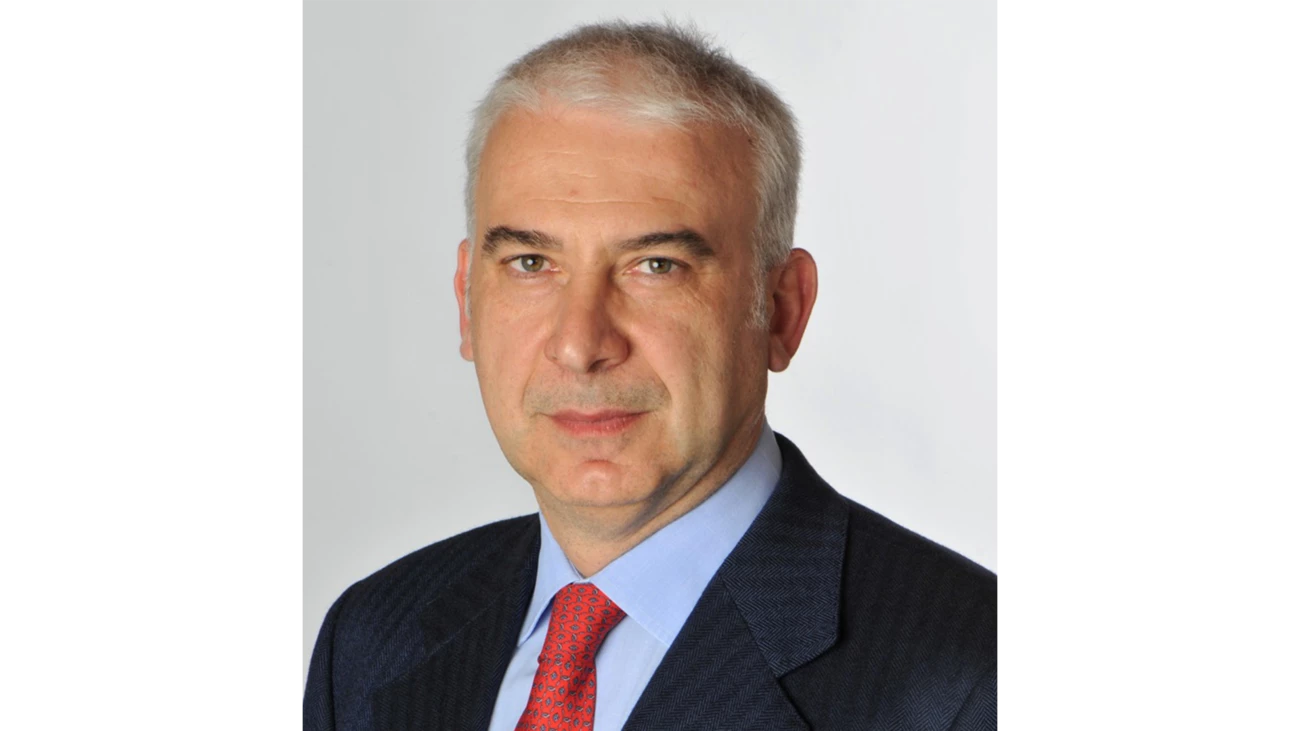JT: How do the needs for climate action differ between the world's regions? Do you see very different outlooks for success in limiting climate change in different parts of the world?
DV: Limiting climate change is a collective endeavour, so I'd be hesitant to say any country is more successful than any other - greenhouse gases in the atmosphere don't discriminate, we all feel their impacts. What I can say is that every country, company and consumer in the world needs to have a stake in the energy transition, and every life and livelihood is at risk from climate impacts. Right now, progress in installing clean energy and building resilience is unevenly distributed. We at UN Climate Change are doing our best to help by convening the world's nations in Baku this year to negotiate a new goal that increases the flow of finance to those who need it most.
JT: Are the prospects for climate action affected by a more tense global geopolitical environment, with potential hot spots in, for example, the Middle East and Taiwan, and rising trade barriers?
DV: Perhaps more than any other issue, climate change is where countries have continued to cooperate, even in the face of geopolitical tensions and rising trade barriers. Every country has a shared interest in dealing with the problem because, rich or poor, all are at significant risk from the disruption that climate change causes.
JT: How would you describe the investment needs for reaching the Paris Agreement targets? What kinds of investments will be needed, and how big? How can the necessary investments be funded?
DV: The investment needed is significant - but investment in climate solutions is growing rapidly. Over one trillion dollars was invested last year in climate action. We expect this number to rise quickly as more and more people see the scale of opportunity in the energy transition. That said, progress is not a given and the vast majority of investment to date has been concentrated in larger, richer countries. So a big part of our work this year in Baku will be agreeing on a new global climate finance goal to ensure that more money flows to developing countries – up to USD 6.9tn is needed by 2030. Our hope is that around a core of public finance, development banks and the private sector can play a greater role. It's also extremely important that we see more investment in adaptation - activities that increase climate resilience.




